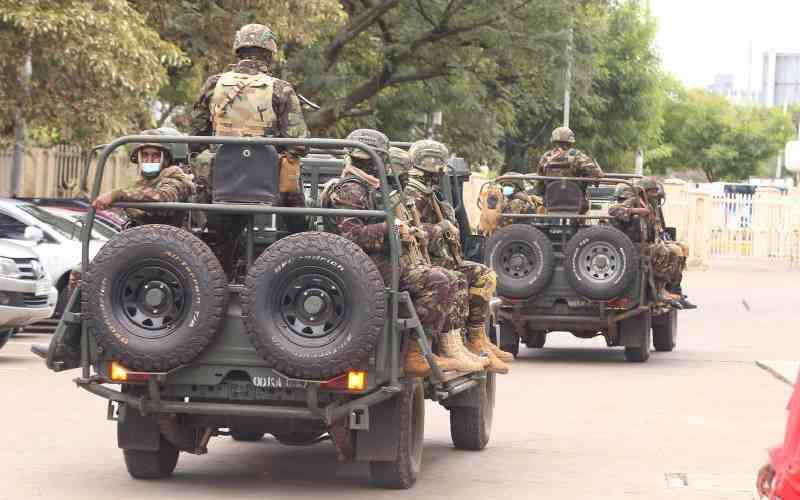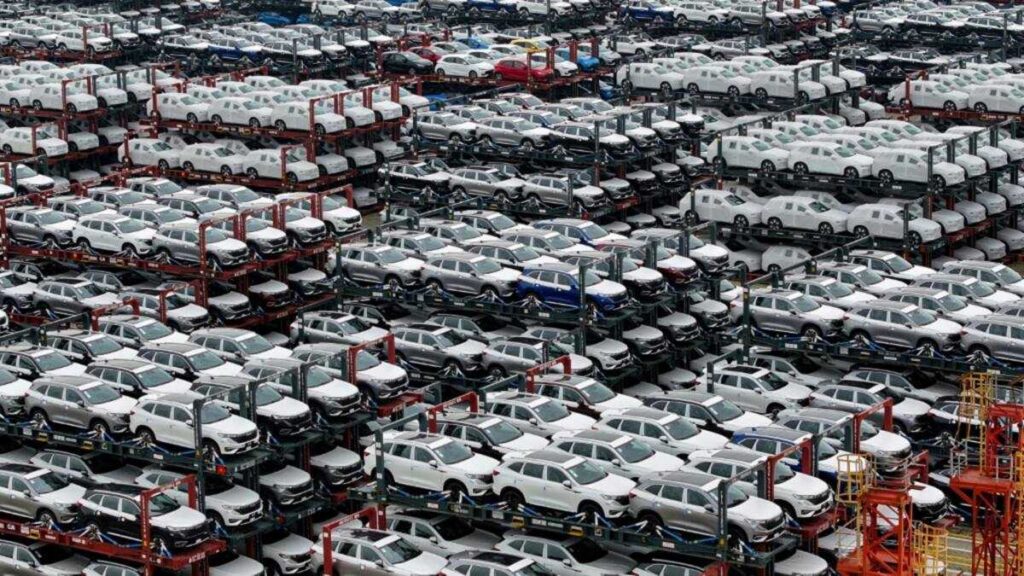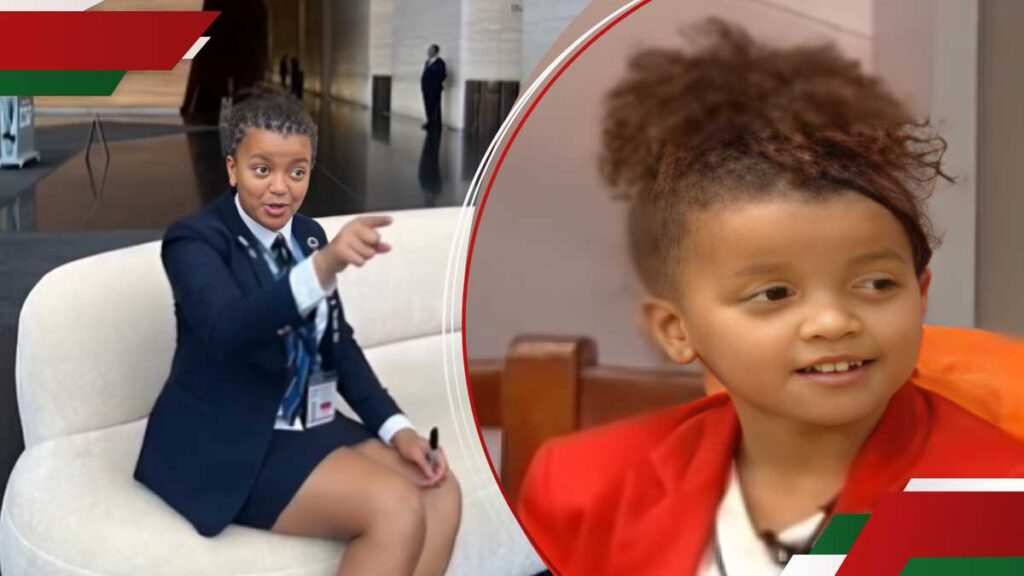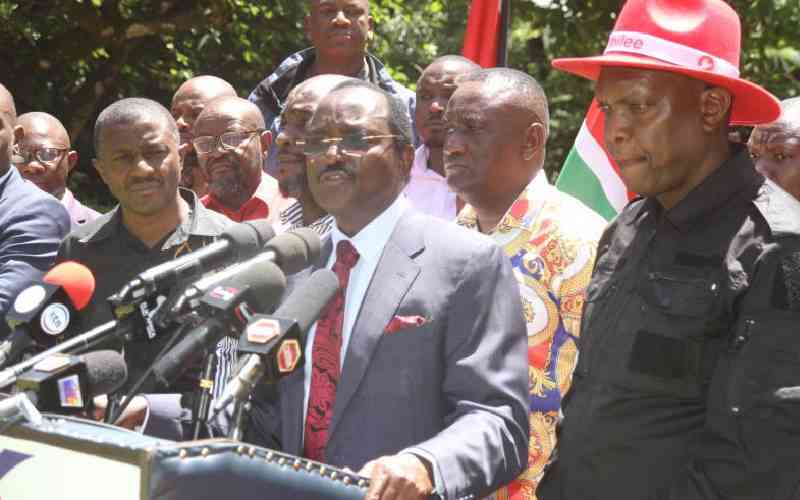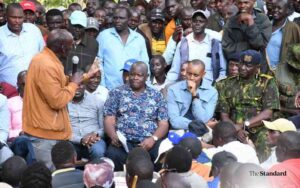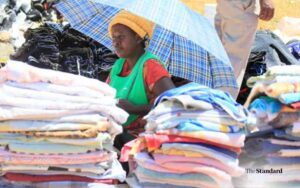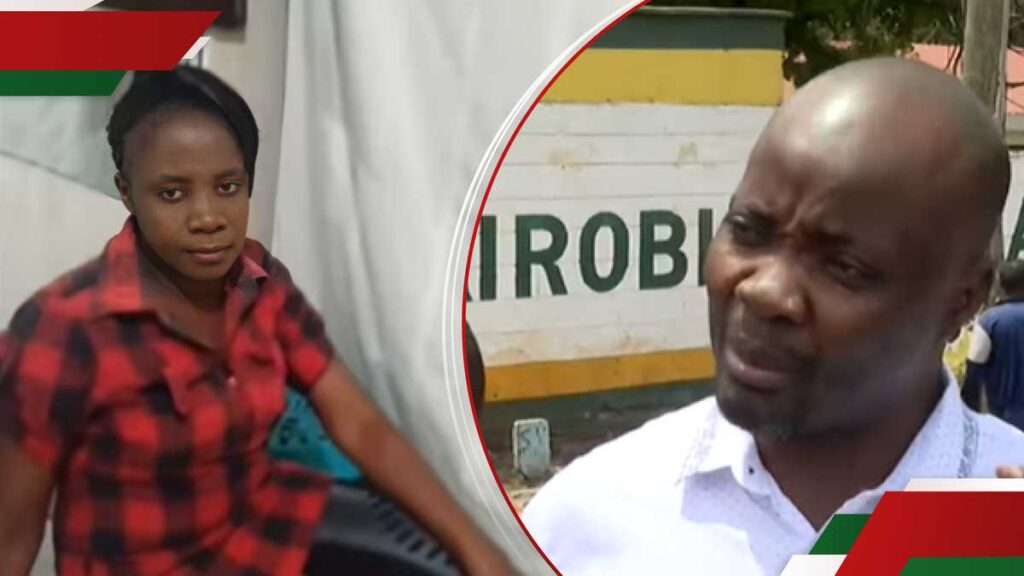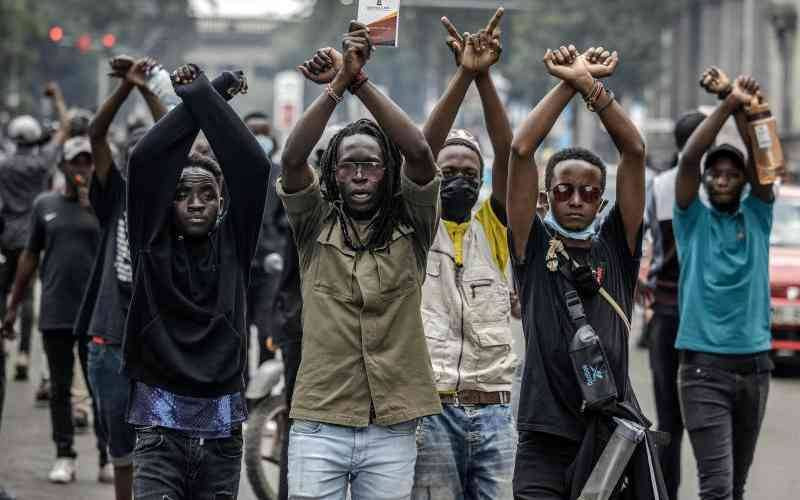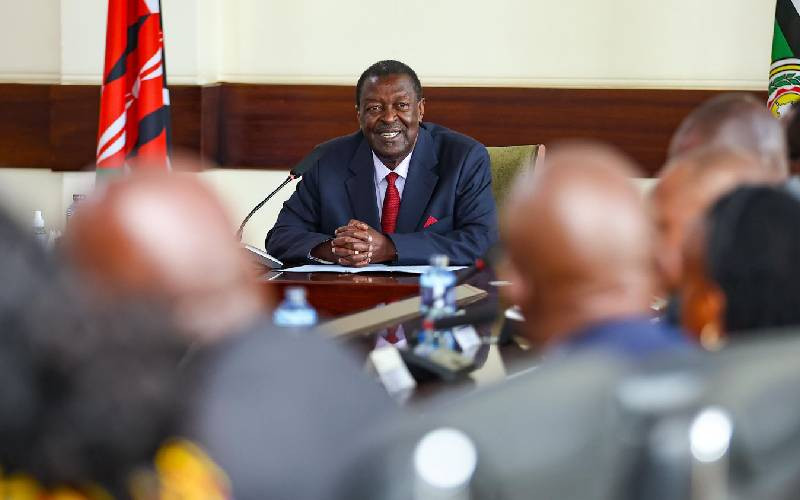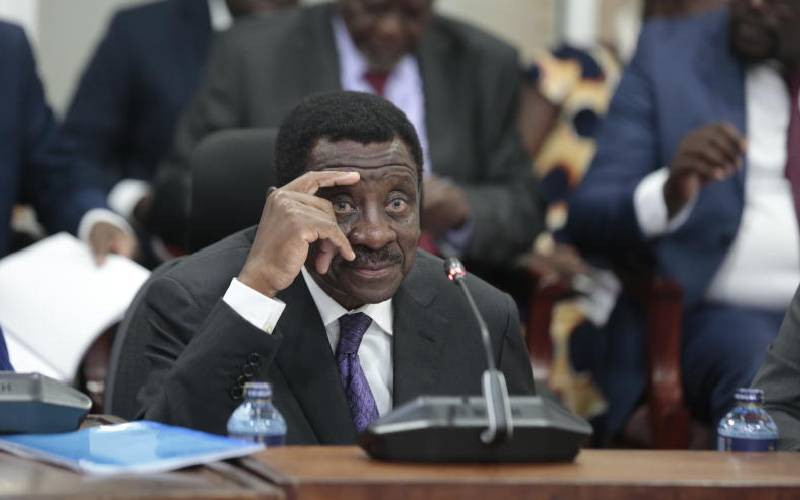The Independent Policing Oversight Authority (IPOA) is under scrutiny for its failure to deliver timely justice following the deadly 2024 anti-Finance Bill protests.
Nearly a year after the protests erupted across the country, which culminated in the storming of Parliament on June 25 and resulted in the deaths of at least 65 demonstrators, only two cases are currently before the courts.
The delay, widely seen as a miscarriage of justice, has been brought back into sharp focus by the BBC Africa Eye ‘Blood Parliament’ documentary, Amnesty International’s latest report, and a sharply-worded letter from the Office of the Director of Public Prosecutions (ODPP).
The ODPP, in a letter addressed to IPOA, on Monday, demanded that the authority urgently initiate investigations into the violent suppression of protestors and specifically the storming of Parliament during the Gen Z-led demonstrations.
“Given the clarity of some of the footage and testimonies in the documentary, the Director of Public Prosecutions directs that IPOA urgently initiates investigations to identify and bring to account the alleged perpetrators, and investigate any misconduct or excessive use of force by law enforcement officers,” wrote Deputy Director of Public Prosecutions Jacinta Nyamosi.
IPOA’s response has been criticised as sluggish and insufficient, with only a fraction of the reported deaths and injuries fully investigated.
According to the IPOA update issued following the airing of the documentary, of the 60 death cases registered with IPOA from the protests, only 22 have been completed.
Additionally, the authority chairperson, Issack Hassan, noted that 191 out of 233 reported injury cases remain under investigation.
The progress, as reported by IPOA, has failed to satisfy growing public outrage and institutional demands for accountability.
The Gen Z-led demonstrations, sparked by the 2024 Finance Bill and the introduction of new taxes, morphed into a national movement against perceived economic mismanagement, state overreach, and extrajudicial violence.
Amnesty International, in its 2024/25 State of the World’s Human Rights report released on Tuesday, painted a grim picture of the Kenyan government’s human rights record. The report noted the sustained crackdown on civil liberties and a climate of fear created by state authorities.
Irungu Houghton, Amnesty International Kenya section Director, specifically called out the failure of IPOA to bring justice to victims of police violence.
He stated that despite promises by the highest levels of government, state institutions mandated to uphold transparency, accountability and the rule of law have not led to the arrest and prosecution of those responsible. This, Houghton said, is for nearly one year since protesters were killed within the Parliament premises.
“The Kenyan public deserves demonstrable evidence that those who have committed serious crimes will be held accountable,” said Houghton.
Stay informed. Subscribe to our newsletter
Amnesty International was particularly concerned by the inaction despite unnecessary and excessive lethal and less-lethal force being widely documented, including in the BBC documentary.
“We are deeply concerned that we have not seen prosecutions or convictions of parties, individual state agents, that are suspected to have killed, to have forcibly abducted and intimidated and hurt Kenyans over this period,” said Houghton.
He added: “The lack of accountability at this time is very worrying, because what it does is it sends a signal to other state agencies and state offices that they can break the law, commit serious crimes, and have no fear of the law being applied to them.”
Amnesty International noted that it was shocking that the BBC has done more to tell the country what happened than the legal enforcement agencies.
Houghton also dismissed attempts by police to halt the public screening of the documentary as highly regrettable and legally indefensible.
“To stop 50 people from watching a documentary that has already been watched globally by over a million people does not seem to have led to any outcome that anybody would define as success,” said Houghton.
The documentary, which included eyewitness footage and testimonies from protestors, identified two security officers alleged to have shot and killed protestors Erickson Mutisya, David Chege, and Eric Shieni.
Amnesty has demanded a public statement from both the National Police Service and the Kenya Defence Forces on what action is being taken against those officers.
“We also call on the Kenya Defence Forces (KDF) to submit a comprehensive report to Parliament detailing their deployment, engagement protocols and overall interventions during the 2024 protests,” said Houghton.
In its status update, IPOA acknowledged that it had encountered instances of non-cooperation from police and witnesses, which has hampered the progress of some investigations.
Of the cases, some were closed internally, while others remain under internal review or are being prepared for submission. A joint opposition statement accused IPOA of being complicit in a broader state culture of impunity and delay.
The statement signed by Martha Karua, Kalonzo Musyoka, Rigathi Gachagua, Justine Muturi, Eugene Wamalwa, Mithika Linturi and Torome Saitoti pointed to the failure of IPOA to act decisively.








